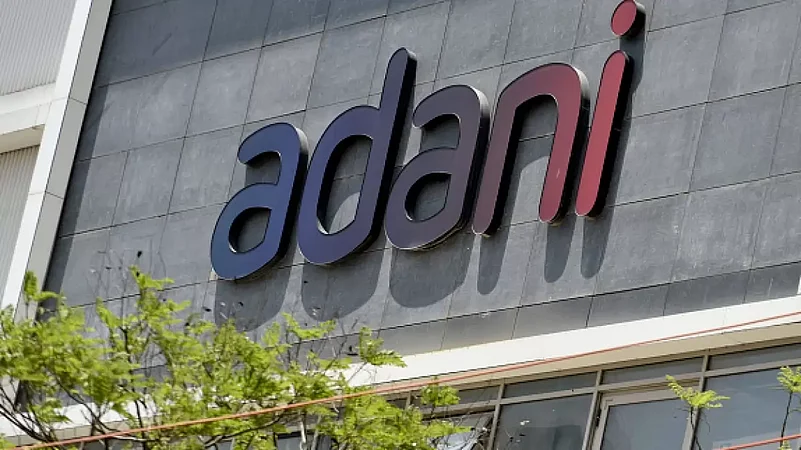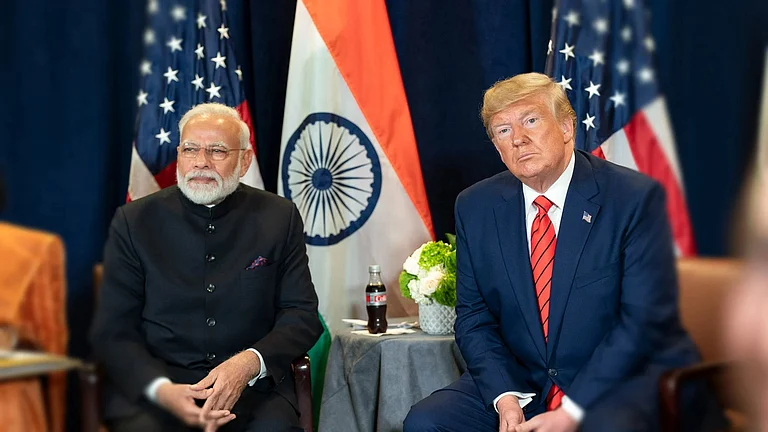The Hindenburg report continues to haunt Adani Group as the allegations of fraud and market malpractices raised in the report are now being noted by foreign regulatory bodies and global financial firms. This spells trouble for the Gautam Adani-led conglomerate as it has business operations in various parts of the world.
On the home front, things have been disastrous for Adani since Hindenburg published its report last week. There has been a huge selling pressure on all listed entities of the Adani Group, leading to a cumulative loss in market capitalisation amounting to Rs 10 lakh crore as of market closing on Thursday.
Apart from this, the conglomerate also decided to call off the Rs 20,000 crore follow-on public offering of Adani Enterprises. This move came as a shock to many, since the share sale was fully subscribed. The group also announced that it will return money to those who already subscribed.
With the Securities and Exchange Board of India (SEBI) already looking into allegations raised by Hindenburg, opposition parties have mounted more pressure on the Adani-Hindenburg saga by raising the issue in the Parliament on Thursday.
The nature of global capital is such that the market rout troubling Adani in India has vast repercussions on financial decisions made in other parts of the world as well. On Wednesday, global investment firm Credit Suisse assigned ‘zero lending value’ to bonds issued by Adani entities, expressing its scepticism on the financial health of the bond’s underlying assets.
Citigroup, another international lender, joined in on this when it announced on Thursday that it will stop accepting Adani entities as collateral for giving out margin loans. This is indicative of a larger international scrutiny of Adani Group companies.
Gautam Adani is not an unfamiliar name in Australia where his group operates the controversial Carmichael coalmines in addition to a rail project in Queensland. Following the allegations of fraud raised by Hindenburg, Australian Securities & Investments Commission (ASIC) announced that it will look into the matter. The regulator told Reuters, “[We] will review the allegations against Adani and determine whether further inquiries are warranted.”
Another international development that has taken place in relation to Hindenburg report is the cutting down of Adani stakes by Norway’s $1.3 trillion sovereign wealth fund. Nicolai Tangen, chief executive officer of the wealth fund told Financial Times that the fund has sold some of its Adani Group stake.
Regarding the ongoing Adani-Hindenburg saga, he said, “It’s a complex situation. We have a separate department that is looking at risk-based divestments. […] We started to look at this a long time ago, and so we have taken a lot of exposure out.”
In Bangladesh, the Adani Group is faced with a different kind of development. Adani Power had signed a power purchase agreement with the country’s power board in 2017. Now, the power board in Bangladesh wants to revise the purchasing price of the fuel project, as reported by UNB. Sources in the board told UNB that this revision was mentioned when Adani Power officials visited Bangladesh in January.
However, such a proposal was not mentioned publicly after the visit. If the power board’s proposal goes through at this point, Adani Power will end up receiving a significantly lower amount than what was previously quoted. This will only add to Adani’s struggles as the conglomerate is losing value on a daily basis since the Hindenburg report first broke out.
It is evident that the Hindenburg report has caused trouble for Gautam Adani’s conglomerate on multiple fronts. With its market cap losses amounting to Rs 10 lakh crore from the last one week alone, and the increasing international scrutiny, it remains to be seen how the billionaire will wrest his empire out of Hindenburg’s chokehold.
































